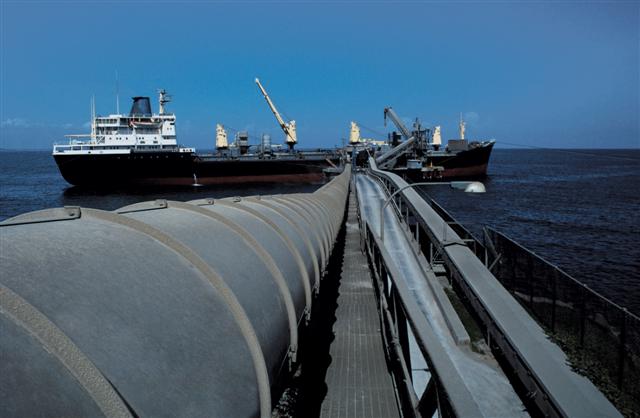
The organizing committee of the 4th biennial 2017 Arctic Energy Summit welcomes abstracts for technical presentations, workshops, or moderated panel discussions.
The Summit will take place in Helsinki, Finland, from 18 to 20 of September, 2017. It is a multi-disciplinary event expected to draw several hundred industry officials, scientists, academics, policy makers, energy professionals and community leaders together to collaborate and share best practices as they relate to a comprehensive array of Arctic energy issues.
The 2017 Arctic Energy Summit builds on the Sustainable Development Working Group’s legacy efforts to address energy as a fundamental element of the sustainable development of the Arctic, and occurs during Finland’s Chairmanship of the Arctic Council (2017-2019).
The three-day Summit will focus on a diverse set of topics, including: oil and gas; geothermal, solar, wind, hydro and tidal energy; utilities; microgrids; energy policy and regulation; community impacts; energy finance and investment; climate change; and energy security. Hosted by Alaska’s Institute of the North, in collaboration with the Finnish Ministry of Employment and the Economy, the Arctic Energy Summit will highlight the Arctic as a leader in renewable energy development and integration, and exporter of world-class knowledge and expertise.
Potential speaking topics include:
Small Community Energy Solutions
Energy efficiency – smart grids, housing, storage, etc.
Effective micro-grids and off-grid utilities
Reducing use of diesel fuel for power generation
Local use of natural gas
Oil and Gas
Low-cost, low-carbon approaches
Potential, projects and technology
Safety, oil spill response and risk management
Supply chain management, logistics, transportation
Stakeholder engagement and community impact
Renewable Energy
Resource potential and current projects - tidal, solar, wind, biomass, hydro, geothermal
Energy storage technologies
Integration of renewables into power supply
Regulation and Financing
Arctic National and sub-national energy policies and strategies; local government initiatives
Indigenous and tribal governments’ role
Public-private partnerships, Co-investment and Tax credits
Renewable energy funds
Public procurement
Energy efficiency contracts
Community Impact
Environmental protection
Stakeholder engagement and capacity-building
Science and traditional/indigenous knowledge
Economic growth in rural communities
The organizing committee is especially interested in presentations that showcase:
Specific collaborations between academia, industry and government
Building on what we know and learning from experience
Evaluating differences and working toward common approaches
Expressions of interest should be submitted no later than January 18, 2017 (and earlier as possible) for inclusion in the program. Speakers will be notified of acceptance no later than March 15. A draft agenda will be developed and shared with presenters in April.
Inquiries should include:
Principal speaker and associated speakers (if others are included in the presentation, depending on format) – name, title, organization/company, contact information
Proposed title and (presentation, workshop, panel, poster)
Short description (fewer than 200 words) - this will appear in the conference program
Format (concurrent sessions will be 1.5 hours in length)
Presentation Proposals - Technical presentations will each be scheduled for a 15-minute presentation with 5 minutes for questions. These presentations can meet any one of the following formats: Original Research; Work in Progress; or New Ideas.
Panelist Proposals – Speakers who wish to be included in a panel discussion should describe their area of expertise and its application to trending and challenging topics and paradigms. Panelists will have between 5-7 minutes of introductory remarks followed by moderated panel discussion.
Workshop Proposals - The proposed workshop should be interactive in nature and designed to engage participants in advancing a topic. Organizers encourage a format that includes presentation of an issue or challenge and encourages solution-oriented thinking within small groups.
Poster Presentations - A poster presentation session will begin during the first evening’s reception and will be on display until the end of the Summit. Posters should convey specific technology, research or policy innovation. Posters will be displayed in the form of PowerPoint slides and limited to three slides.